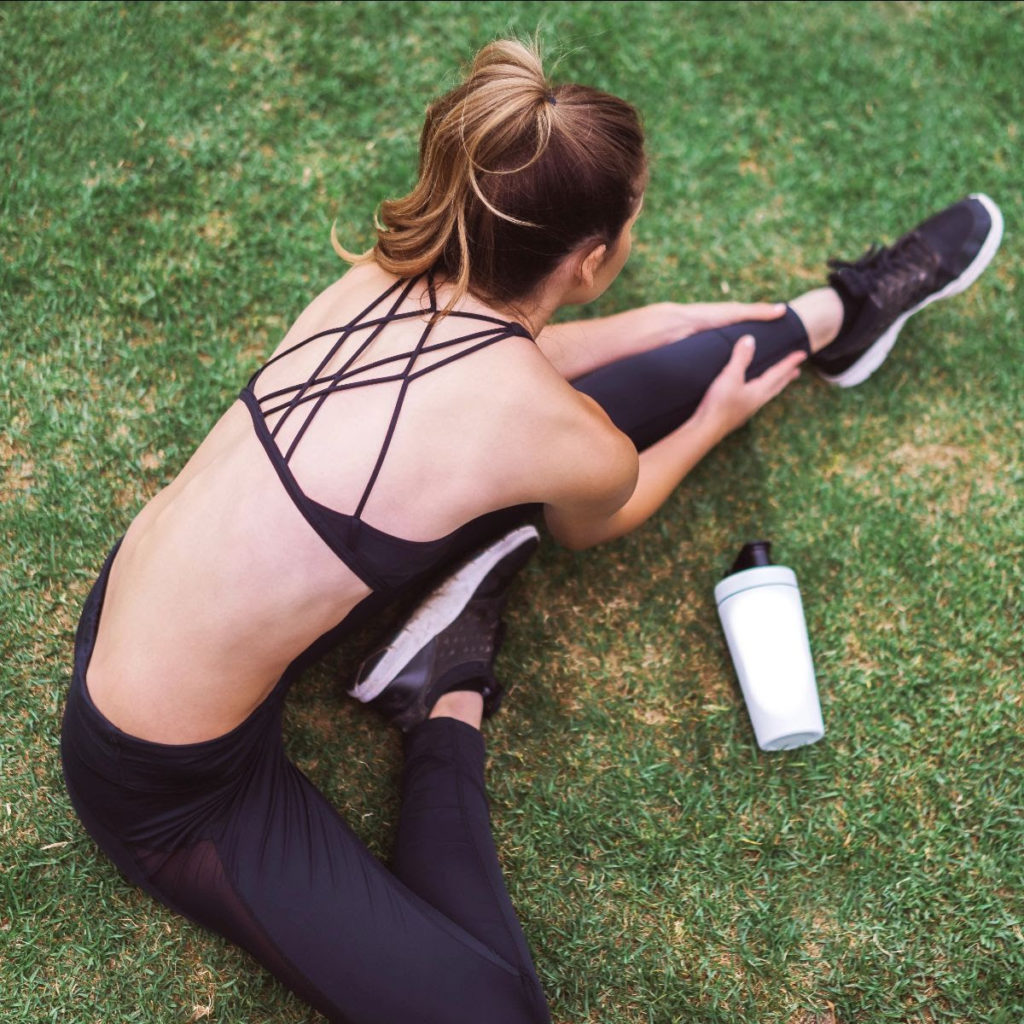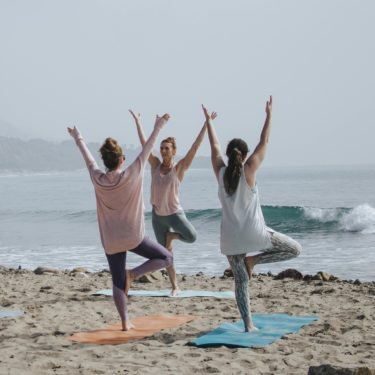There has never been a better time to get ‘back to basics’. Intentional, mindful movement and daily exercise offer numerous benefits to the body, the mind, and the spirit. If you’ve ever taken a dance class, participated in a team sport, or been part of a class at a local gym or or fitness center, you have likely felt the benefits of even a short movement session. In our modern society, this is one of the first things that often falls to the way side – there is so much on our schedules and in our brains, we sometimes forget The Power of Movement and just how nourishing the basics truly are!

Our lives are far more sedentary, and increasingly so, than they used to be. This has given us, collectively, the gift of devoting more time and energy towards tasks other than hunting and gathering food. It has allowed technology to develop and support us in myriad ways, and brought more ease and efficiency to many of our daily activities and communications. On the flip side, as a species, we move less, engage fewer of our muscles, and are plagued with chronic issues like obesity, diabetes, insomnia, and anxiety.
The Powerful of Mindful Movement
Exercise or mindful movement do more than just strengthen the body and get us moving. Yes, it helps keep bones strong and joints agile. It helps decrease the risk of the aforementioned chronic ailments. It improves sleep, lowers blood pressure, and helps bring clarity of mind and of thought. Daily movement is also hugely beneficial to the mood, emotional wellbeing, and hormonal balance. When we move the body and engage in exercise, it releases several endorphins, a type of neurotransmitter, including norepinephrine, dopamine, and serotonin. These chemical messengers not only decrease feelings of pain or discomfort, but they induce positive feelings, and a state of overall well being. Ever heard of the term ‘runner’s high?’ – those endorphins are exactly what it refers to.
On systemic level exercising also helps move lymphatic fluid – the fluid in the body that carries waste and supports the body in warding off foreign entities such as bacteria and viruses. The movement of muscles helps to stimulate and pump this fluid throughout the body. The sweat the body releases also acts as detoxification, as the body pushes toxins to the surface to be released. On an energetic level, it can help us move through emotions, process experiences, and release bits of tension or excess inputs we may have picked up throughout the day – supporting not only our physical immunity, but our energetic and emotional wellbeing too.
The value and importance of daily movement is clear. Amidst the fitness world, you may also be familiar with terms like ‘no pain, no gain’ or ‘feel the burn.’ What does Ayurveda have to say about this? Are these methods sustainable? Enjoyable? How do we use an Ayurvedic approach to keep our bodies healthy and well?
The Power of Movement And Ayurveda
Ayurveda recommends we exercise to about 50% exertion – not 100% or even 90%. Overexertion can actually lead to dehydration, increased muscles soreness, and lengthier recovery time. Too much exercise can aggravate vata dosha, while too little can aggravate kapha dosha. The point is not to over exert or build massive muscle but move energy, circulate prana or life force, as part of one’s overall health. The middle way is more sustainable and far more accessible.
Another tenet of Ayurveda is that we are all individuals, with different and unique biological makeups, and as such we have different needs when it comes to movement and exercise. In general, it is best to exercise during the Kapha time of day – 6-10 am and pm. This is when the energy of the day is more grounded and stable, and offers balance to the movement of exercise. This also prevents sluggishness and lethargy that one may feel during this time of day without any movement.
Supporting your unique constitution
Here are a few more guidelines for exercise geared towards supporting your unique constitution.
Vata is drawn towards intense and strenuous exercise, but responds best to grounding, fluid movement such as swimming, yoga, dance, and energy practices including Tai Chi and Qi Gong.
Pitta responds well to aerobic exercise to help release some of the heat inherent to the dosha. Running, swimming, and jogging are all appropriate forms of exercise, with mindfulness not too overexert or become too competitive.
Kapha can handle the most vigorous intensity of exercise of all the dosas. This could include some weightlifting, aerobic exercise, and a higher degree of intensity. Kapha benefits and thrives with this higher level of exertion movement.
Remember, it doesn’t have to be fancy or complicated! A simple brisk walk through your neighborhood or local park, or a swim in the ocean or local pool. Even if 20 minutes is all you have in any given day, use it to move, and your body will thank you! Start with something that feels approachable, and mix it up to keep yourself engaged and interested. Move with a friend or exercise buddy – try some acro-yoga – to connect and stay accountable. However you choose to move, allow it to be a source of play!
our body needs adequate nutrients to support a healthy metabolic and inflammatory response, which in turn supports joint mobility. The YouVeda My Healthy Joints kit, contains a unique proprietary blend of Ayurvedic herbs and Omega-3s that work synergistically to promote muscle, bone and joint health.

Author: Alexandra Kazimir (YouVeda Wellness Contributor)




